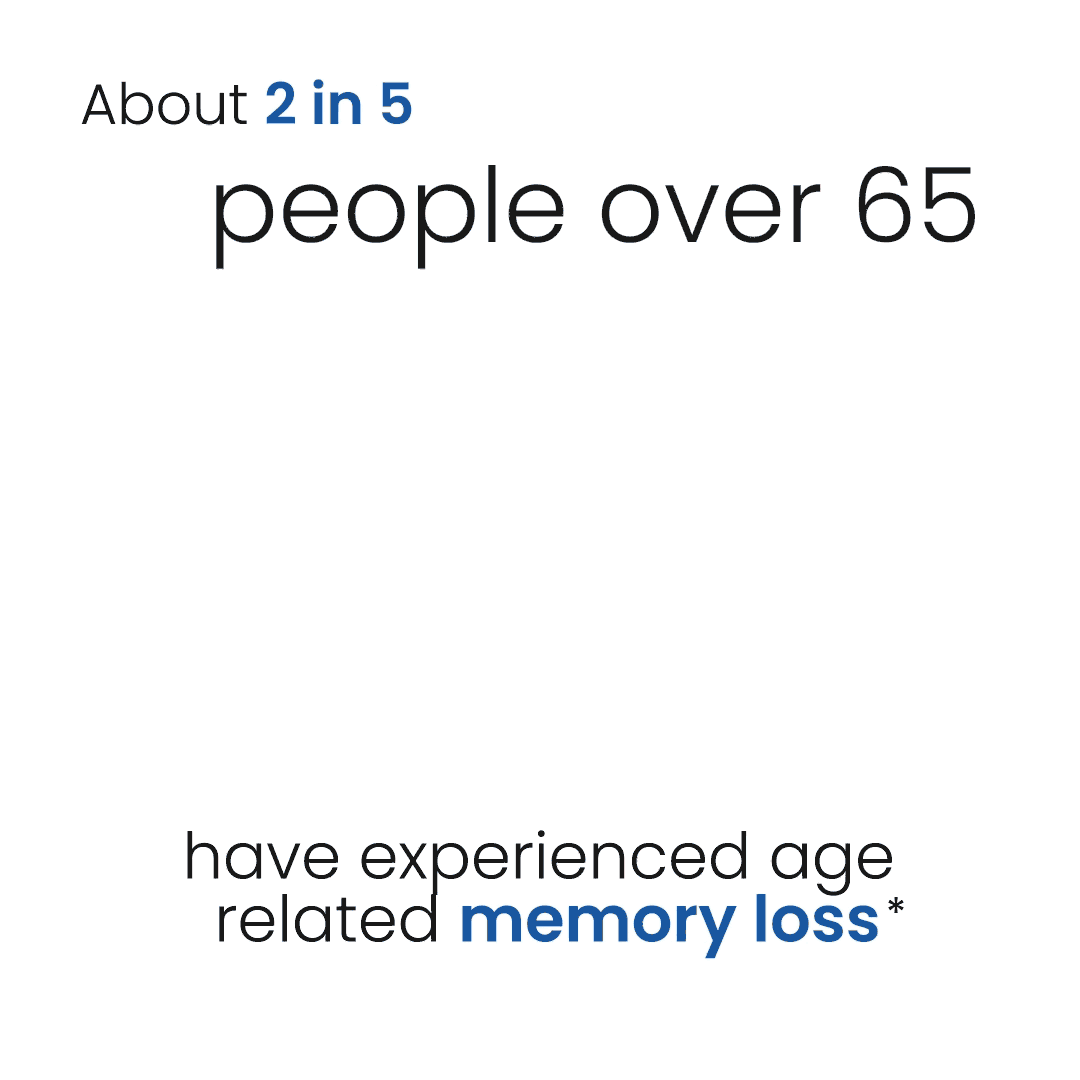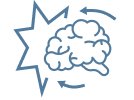We all experience memory lapses, like misplacing our keys or forgetting someone's name. These are common and not necessarily a sign of memory problems. However, sometimes we experience memory lapses that are more significant and signs of underlying medical conditions. Memory assessments can tell you whether these lapses are within the normal range or if something more is happening. These assessments are like health check-ups for your brain. They help you understand how well your memory is functioning and identify any areas that might need attention.
Memory assessment can be useful at any age because children, adolescents, and adults can all experience memory problems. These assessments play a crucial role in diagnosis, treatment planning, and monitoring cognitive health across different medical events and conditions. If you have a family history of memory issues, like dementia, Alzheimer's Disease, or Parkinson's Disease, an assessment can also give you a baseline measure of your memory.
Memory Assessment Fees: $450
What does the assessment measure?
There are three stages to memory: 1) creating a memory, 2) storing the memory and 3) recalling the memory. Our assessments cover all three stages by measuring working memory, short-term memory, and long-term memory. We also measure different types of memory, including visual and verbal memory, as well as evaluate attention, concentration, and the ability to learn new information. Our assessment will tell you if memory is an area of concern and guide you on a path forward.
What can you learn from the results?
A memory assessment can tell you a number of useful things about yourself that can then help you improve your memory. Here are all the things you can learn from a memory assessment:
How your working memory, short-term memory, and long-term memory compares to your peers.
If you’re more of a visual or a verbal learner.
Which strategies are most helpful for you to learn and remember information (e.g., repetition, context cues).
Whether you’re experiencing attention or concentration difficulties.
If you have problems encoding and/or retrieving information.
If there are language or speech deficits.
Which memory strategies and aids might be the most helpful for you to retain and recall information.
What are memory assessments used for?
Academic & Employment Accommodations:
Memory problems can make learning difficult and are a common feature of learning disorders. For example, problems with working memory can make it hard to organize and integrate new skills or information. Problems with long-term memory can make it hard to recall information, communicate thoughts clearly, or remember multiple steps in directions. Memory assessments can help people who have memory problems receive academic or workplace accommodations.
Dementia & Age Related Cognitive Decline:
Conditions such as Alzheimer's disease, Parkinson's disease, Huntington's disease, and other neurodegenerative disorders can impact memory. Memory assessments are used to diagnose and monitor cognitive changes associated with these conditions. The assessments can differentiate normal age-related cognitive changes from cognitive decline that might indicate something more serious. They can also be conducted in people who have a family history of memory disorders to establish a baseline.
Concussion / Traumatic Brain Injury (TBI):
People who’ve experienced a concussion or TBI, whether from a car accident, sports-related injury, military service, or other causes, often experience memory problems. A memory assessment can pinpoint the area of memory that’s affected, such as working memory, short-term memory, or long-term memory. This information can then be used for treatment planning and inform the type of rehabilitation or memory aids might be needed.
Stroke & Vascular Events:
People who’ve had a stroke often experience problems with their memory and cognition. While there can be rapid improvements shortly after a stroke, there might be some cognitive problems that persist and make daily tasks difficult. A cognitive assessment provides important information about the full extent of the impairments, including memory problems. The assessment can guide your medical team on the best treatment approach and periodic assessments can help track progress.
Seizures and Epilepsy:
It’s common for seizures and epilepsy to affect memory. During a seizure, the brain isn’t able to store new memories, therefore people often don't remember events during and after a seizure. It can take time for the brain to recover after a seizure and memory can be affected for awhile. Memory assessments can help individuals who have had a seizure evaluate the impact of the event on cognitive functioning.
Brain Tumors:
Tumors in the brain can affect cognitive function, including memory. People with brain tumors may experience memory loss in the form of retrograde amnesia, where they have difficulty recalling memories created before the tumor developed. They may also experience anterograde amnesia, where they have difficulty forming new memories. Memory assessments an be used to assess the nature and extent of cognitive impairment resulting from brain tumors.
Next Steps
If you have any questions or would like to schedule a memory assessment, please contact Old Town Psychology at (571) 478-9499, via email at info@oldtownpsychology.com, or submit a message below.
We are a 10 minute walk from the King Street Metro station.










